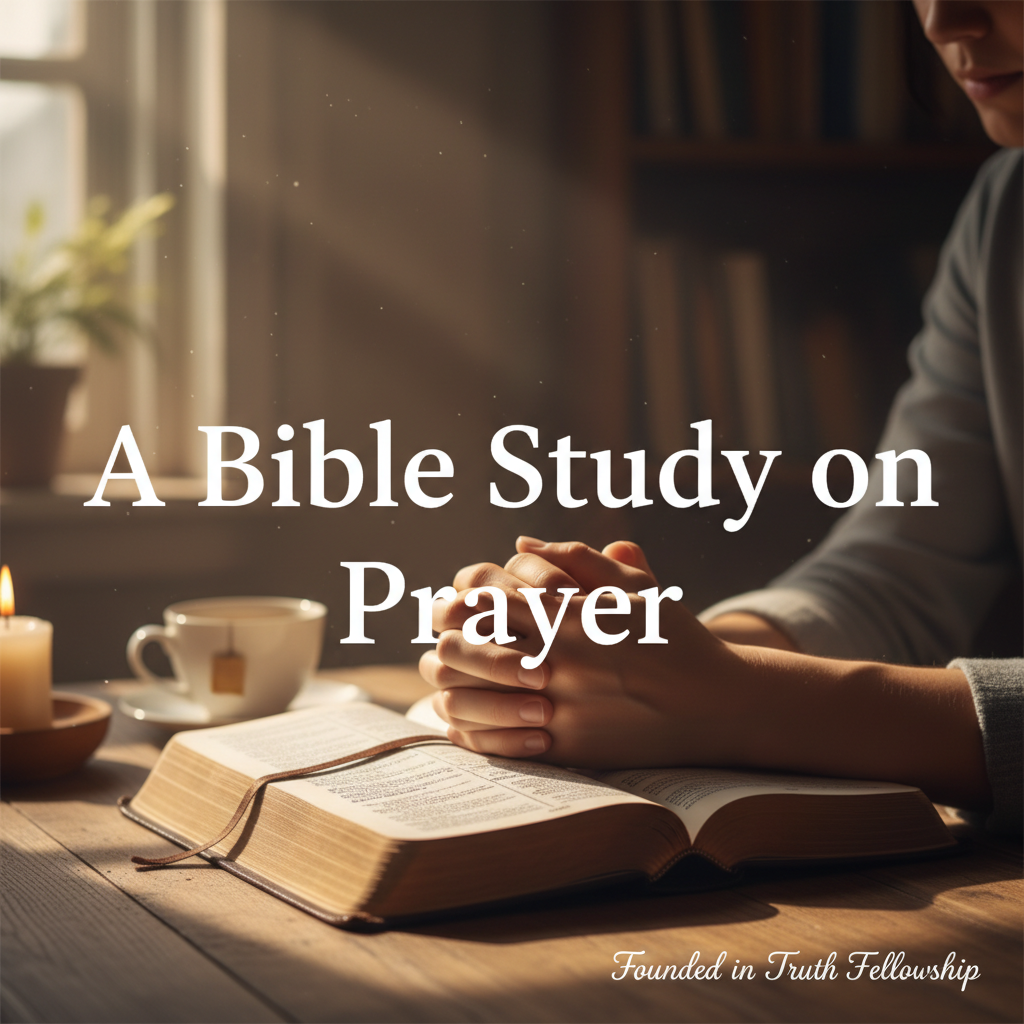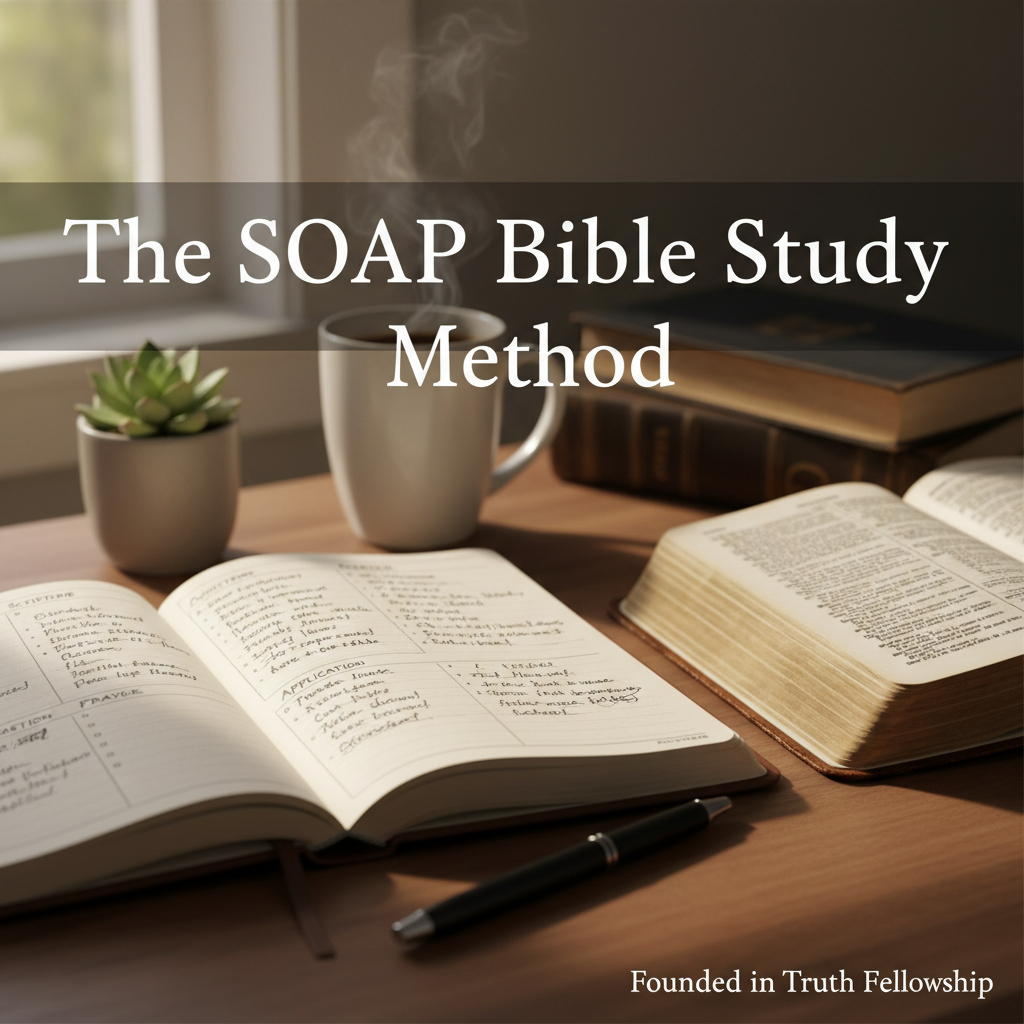What the Bible Says About Faith: A Complete Study Guide
Explore what the Bible says about faith with this complete study guide. Key Scriptures, examples of faith in action, and how to grow your faith through God’s Word.
What the Bible Says About Faith: A Complete Study Guide Read More »










